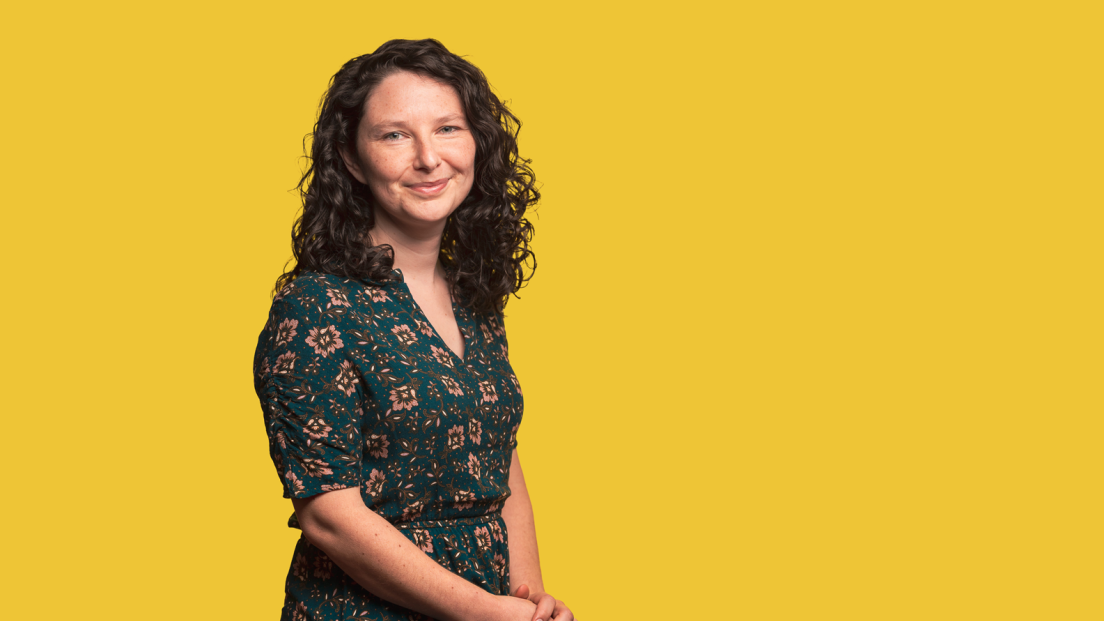This year again, for Occupational Therapy Week (#OTWeek), we're shedding light on two of 65 Occupational Therapists (OTs) working across Aspect Therapy teams. We start with Rashid El Dhaibi, from our South Western Sydney team. Rashid has been with Aspect for two years now and absolutely loves working with a myriad of clients who all have 'a different story, different background and different meaningful activities/occupations to work on'.
How long have you been involved in the disability sector and when did you start with Aspect?
I've been working for some of Australia's largest non for profit disability organisations for going on 8 years now. I've had numerous roles where I've worked with many talented therapists and amazing clients. I accepted the role at Aspect in late 2018 and actually started the day after coming back from my honeymoon! Was really excited for the role.
Could you tell us a bit about your role with Aspect?
Well, I am an occupational therapist (OT) on the South Western Sydney therapy team, a region where I grew up and absolutely love. My role within the therapy team is to support clients and their families develop the skills needed to engage in meaningful tasks each day. I have the chance to develop really creative therapy interventions across various settings including clients homes, school, childcares, group homes and within the local community. During this COVID-19 pandemic I have also been providing many successful tele-therapy sessions too!
At Aspect staff have the opportunities to take on many other exciting projects and be involved in many events. In addition to my therapist role, I have also supported facilitating several group therapy programs including a LEGO program and transition to high school programs with many more in the works. I am currently co facilitating Early Days workshops and have even had the pleasure of presenting at this years's National Aspect Therapy Conference.
What do you love about working with Aspect?
Where do I start? There are so many things I love about working at Aspect, starting with the families I support. I get to see my clients weekly or fortnightly, so you develop this great bond with the family. You get to be a part of a child's story and a positive one at that. Additionally, the staff here at Aspect are phenomenal. No matter who I find myself chatting with, whether they're from head office, Aspect School or Aspect Therapy every staff member is incredibly passionate about supporting people with autism. To share a mutual passion with all your peers is something really special and rare in a workplace.
Why did you decide to become an Occupational Therapist?
That’s an interesting question! I actually initially studied a Bachelor of Hearing Sciences and started to work as an Allied Health (speech/OT/Physio) Assistant at both a private hospital and large disability organisation, it was then I came across the occupational therapy discipline and fell in love with it right away! I eventually completed my Masters in OT and never looked back! The flexibility and creativity that comes with the role is awesome. I get to go to work each day and help others achieve different goals meaningful to them like tying their shoelace for the first time, making a new friend or even learning how to eat with Lebanese bread! There really isn't any other job like this.
What do you enjoy most about your career in Occupational Therapy?
I enjoy the flexibility of my role. Every client has a different story, different background and different meaningful activities/occupations to work on. After many years I still find this career mind stimulating and rewarding. I can't see my passion slowing down anytime soon.
If you’re working with an Occupational Therapist who is just starting out, what are some of the things you’d tell him or her?
As a therapist who has worked in the disability sector right after graduating I would pass on the following to any OT who is just starting out.
- You don't need to know everything on Day 1, you will eventually get to where you want to be, it takes time. No one expects you to know everything, it can be overwhelming and thats okay.
- Parents know their child better than anyone else, build good rapport with the family. Families can see right through someone who isn't in it 100%.
- Building capacity is key. Therapy is more just than a 60 minute session each week, it's developing the client's environment so that when you leave your session, strategies are in place to promote progress.
- In doubt, always call your supervisor! This job can be unpredictable and sometimes really tough. Your supervisors were once just like you and are always willing to support.
- Always be willing to self reflect and learn. Things change quite quickly in this sector and in order to keep full steam ahead one must be adaptable. It's okay, embrace it.
- Network with your peers and local community services. It is so important to know the potential supports in your region that can support you or one of your clients one day. You also might end up being a support service for someone else.
- Invest in things that make you happy, don't underestimate the importance of maintaining your wellbeing.
What is one thing you’ve learned as an OT during this year where we have all been affected by so many changes?
I find myself saying "My job is to teach others new skills, I can learn and adapt!". I've found that keeping a positive attitude and maintaining my wellbeing were the 2 most important things that have helped during this time.
- Thanks Rashid for your time and happy #OTWeek!


